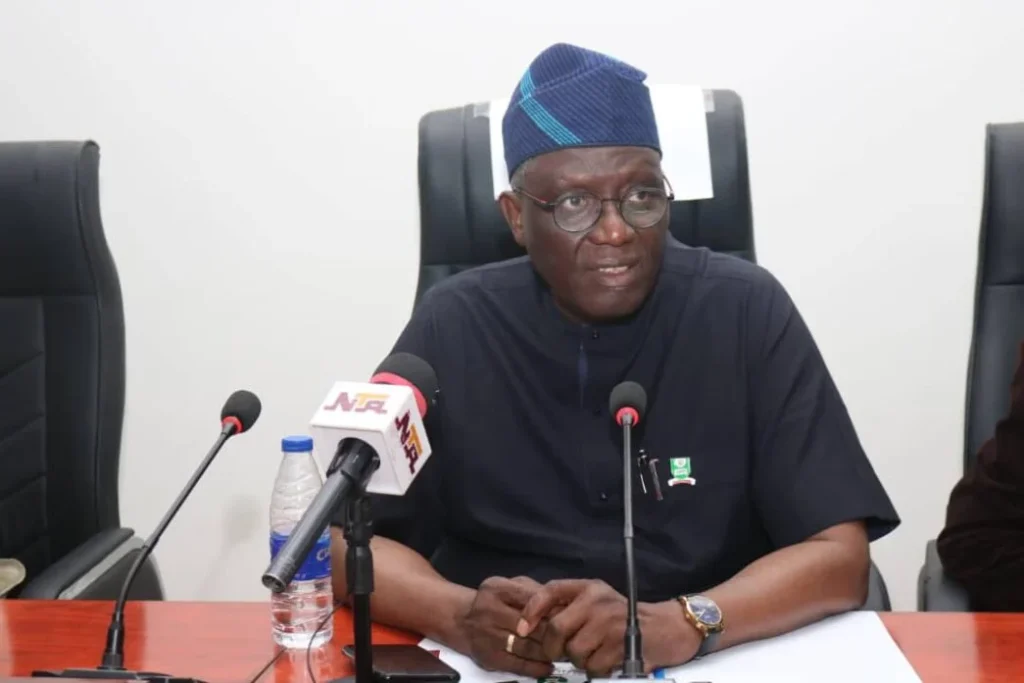The Vice-Chancellor of the National Open University of Nigeria (NOUN), Professor Olufemi Peters, has declared that the institution has firmly established itself as a trailblazer in open and distance learning (ODL) in Sub-Saharan Africa.
Professor Peters made this known on Saturday during the university’s 14th convocation ceremony held in Abuja.
According to him, NOUN’s student enrollment has witnessed tremendous growth — rising from just 1,230 students in 2003 to over 133,000 learners across 120 study centres nationwide, including centres located in correctional facilities.
He noted that NOUN now runs academic programmes across nine faculties and a postgraduate school, offering flexible and affordable education tailored to overcome the limitations of traditional learning systems.
“NOUN was established to address the challenges of limited physical infrastructure and restricted enrollment capacity faced by conventional universities,” Peters explained. “We are proud to provide quality, accessible, and inclusive education that promotes lifelong learning.”
The vice-chancellor also highlighted the university’s commitment to social inclusion through its scholarship programme for inmates. So far, 139 inmates have benefitted from NOUN’s academic offerings at both undergraduate and postgraduate levels.
“With more than 100,000 alumni making meaningful contributions across various sectors of the economy, NOUN has undoubtedly cemented its place as a leader in distance education across the region,” he said.
He revealed that 46 percent of the university’s current student population is made up of young Nigerians under the age of 30 — a development he described as a sign of growing interest and trust in the ODL model.
Professor Peters further noted a surge in requests for new study centres from influential individuals, communities, and associations, reflecting NOUN’s growing reach and relevance.
“The growing diversity of our student body is a testament to the university’s adaptability and broad appeal,” he said.
On the issue of quality assurance, Peters called for a review of current accreditation processes. He urged regulatory bodies such as the National Universities Commission (NUC) to pioneer new strategies that ensure online and distance learning systems remain learner-focused, immersive, and inclusive.
“The traditional one-size-fits-all accreditation approach may no longer be sufficient. There is a need for strategic innovation in regulating distance education,” he stated.
At the convocation ceremony, a total of 17,420 students graduated from various academic programmes, including 51 inmates from 14 correctional centres across the country.





